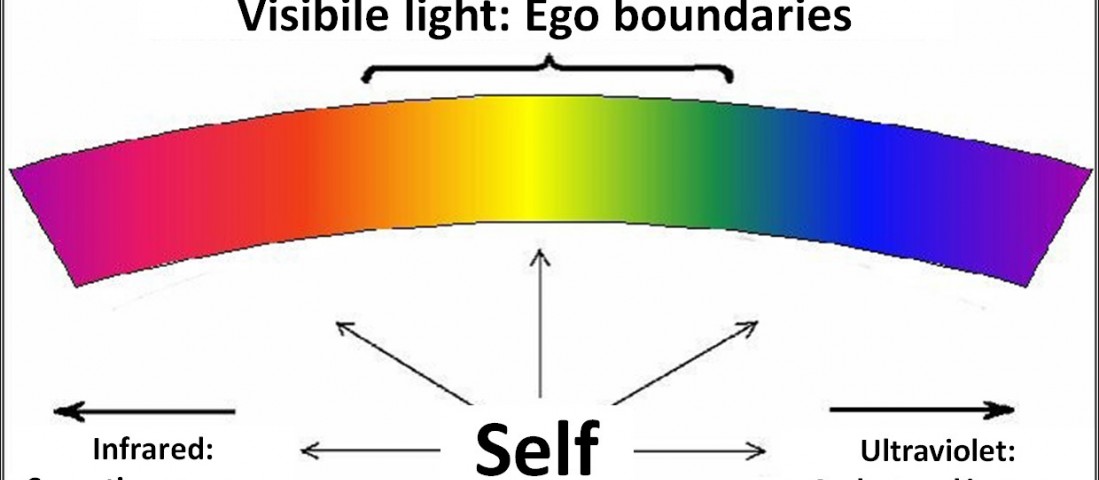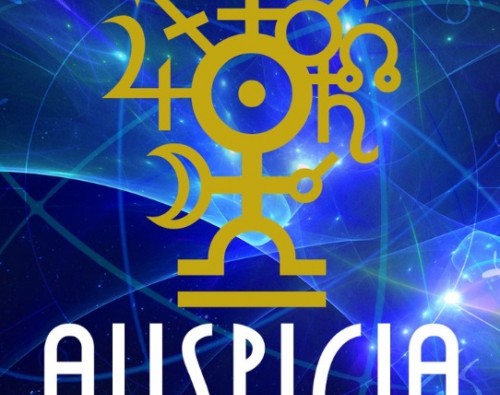MATERIA PRIMA – Rivista di psicosomatica ecobiopsicologica
Numero XXIII - Dicembre 2023 - Anno XIII
The Self Archetype and Ecobiopsychology
di Diego Frigoli
>>> download pdf version here pp. 119-128 <<<
Depth psychotherapy, in different models, is currently facing the turbulence of neuroscience developments, the emotional richness of modern conceptions of trauma and attachment, and the opportunity for mutually fruitful exchanges with the most recent acquisitions of quantum physics and evolutionary biology. These important cultural advances require some sort of revision of psychotherapeutic working models given that, in the climate of convergence of depth psychotherapy with the theme of the archetypal, neurosciences, and more generally with quantum physics and evolutionary biology, the foundations are being laid for a new epistemological framework of complexity - ecobiopsychology - in which mind, brain and nature are part of an in-formative field originating in the Akashic field. Today this systemic-complex need is seen as necessary to offer us a vision of a world that is less and less topographical and more and more holographic. In this perspective, traditional constructs such as the unconscious, empathy, somatisation, conflict, alexithymia and others should be integrated, through symbols and vital analogy, with the concepts of cognition, archetype, the imaginary, and in-formation, so that psychotherapy is not limited to exploring the ego complex but aspires to focus on the dissociated states of the Self, thus recovering a more integral vision of the patient's discomfort.
Published in Ricerca Psicoanalitica della Società Italiana di Psicoanalisi della Relazione (SIPRe)
AUTHOR: Diego Frigoli – Founder and promoter of the ecobiopsychological thought. Psychiatrist, Psychotherapist and Director of the ANEB Institute - School of Specialization in Psychotherapy. Innovator in the study of the imaginary focusing on the symbol in relation to its dynamics between the individual and the collective knowledge.
Translated by Raffaella Restelli – Human Sciences scholar, linguist and psychologist enrolled in the British Psychological Society with which she actively collaborates. Graduated in Modern Languages and Literatures at the Catholic University of Milan and in Psychology at the Newcastle University, UK. Ecobiopsychological counselor. Collaborator of ANEB Editorial Area as a translator.










 Accedi all'area riservata
Accedi all'area riservata